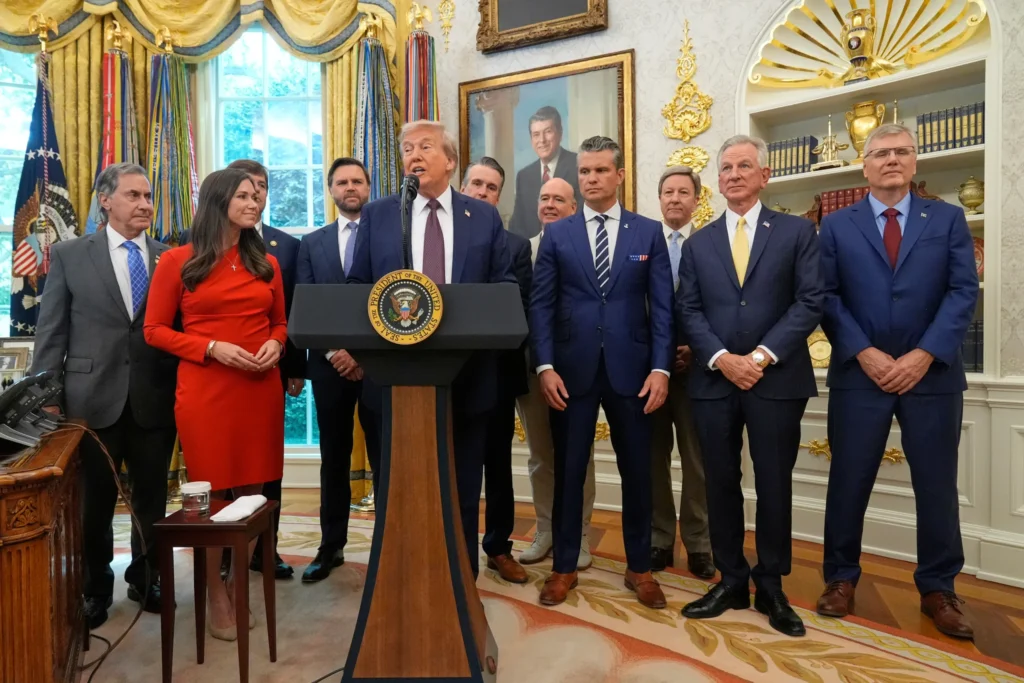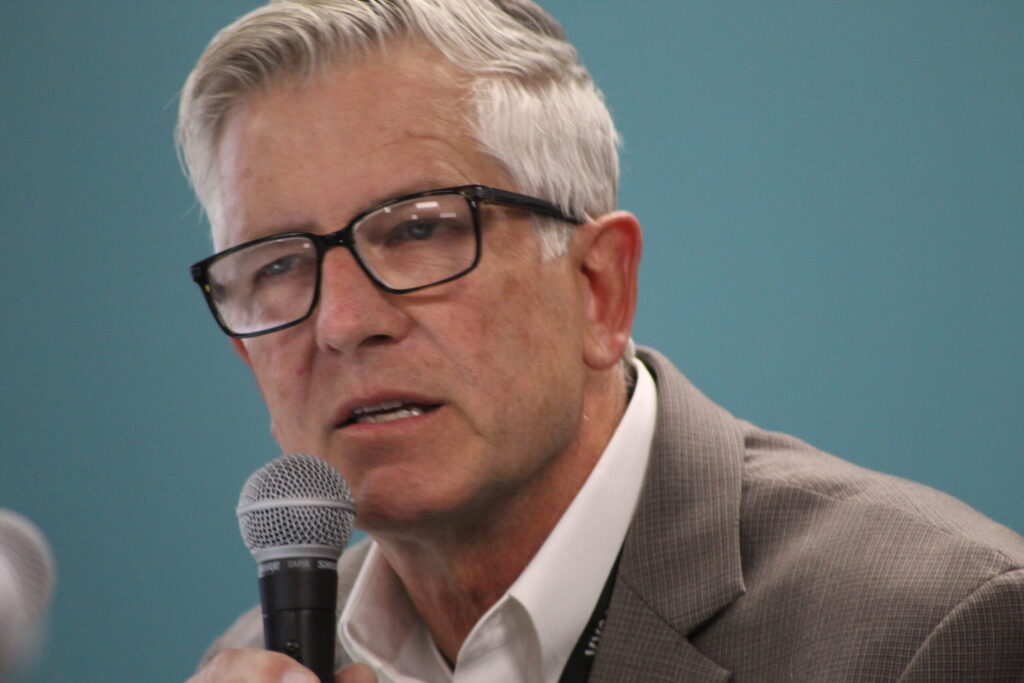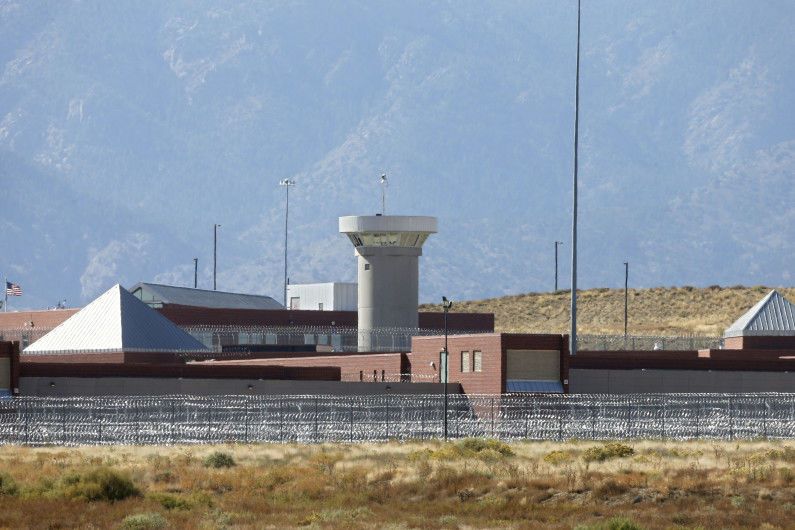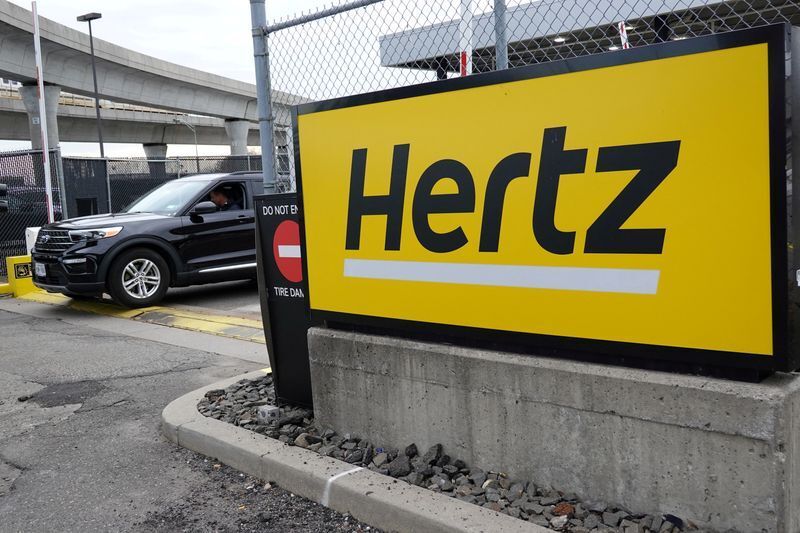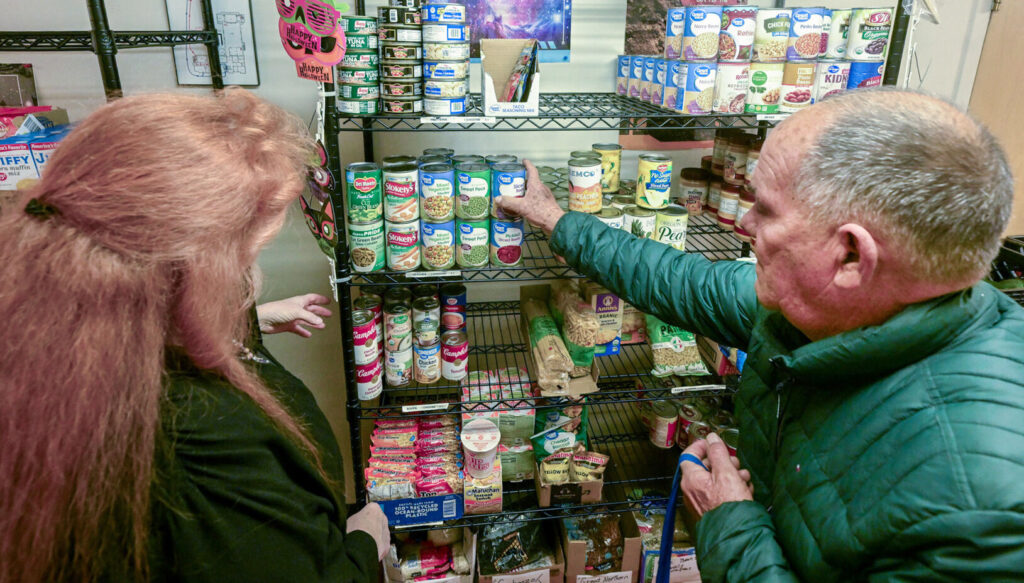State GOP energy committee launches with hearing heavy on data, light on controversy
The first meeting of the Senate’s Republican-led Select Committee on Energy and the Environment wrapped Thursday after two hours of testimony and barely a hint of partisan rancor or ideological fury.
“This is obviously something new for all of us,” said committee Chairman Ray Scott, R-Grand Junction. “This committee is charged with the responsibility of reviewing the facts, not trafficking in fictions or farfetched fears. We’re here to deal with substance, not spin. We see our role not as indoctrination, one way or another, but as education, so elected officials and average citizens can make policy decisions in a reasoned, sensible, reality-based way.”
Scott’s introduction was followed by a 20 minute presentation on Colorado’s position in the national energy ecosystem delivered by Brian Payer, an energy industry consultant and co-chair at Resource Rich Colorado. The presentation was thick with data across the fossil fuel and renewable energy sectors working the state. Hearing attendees on the right and left seemed to appreciate its evenhandedness.
“I’m hopeful,” said Louisville Sen. Matt Jones, after the hearing wrapped. “We’ll see where it goes.”
Jones, along with Minority Leader Lucia Guzman, D-Denver, are the two Democrats on the five-member committee. Jones is a champion of the state’s growing clean energy sector and he was carrying with him literature on the decades-long public relations effort to muddle climate science findings and a report published by the state on water resources that treats climate change as a scientific theory long past serious debate. It’s no surprise he came prepared for battle.
Democrats have been playing defense since Donald Trump won the presidential election, and their wariness has shadowed the new state committee ever since Senate Republican leaders announced its intent was to “shoulder some of the increased workload an evolving relationship” with the new administration could bring.
For weeks, Scott has sought to ease concerns that committee proceedings would turn into the kind of partisan food fights routinely hosted on Capitol Hill. He told The Colorado Statesman in December that his aim was to shake up the conversation over energy policy in the state. He said he thought fallback partisan positions would fail to meet the needs of the energy transition Coloradans were now living through.
“We want everyone in Colorado to fully understand each energy sector, what revenues from each sector do for individual Coloradans and for our infrastructure and community development,” he said during Thursday’s hearing.
It was the kind of sentiment that made perfect sense in context but that also signaled the sort of competitive math committee members are likely to wrestle over in the future.
There were other signs of frictions to come.
Montrose Republican Sen. Don Coram, who was sitting in for Sen. John Cooke from Greeley, represents significant numbers of Western Slope miners and farmers. In reaction to testimony on the environmental and economic threats carbon emissions pose, he said the public doesn’t hear enough about the agricultural benefits of increased airborne carbon dioxide.
Scott Denning, CSU professor of atmospheric science, told the committee that the benefits Coram mentioned were basically a red herring.
“Yes, CO2 is a primary source of plant food, photosynthesis,” Denning said. “But in our part of the world, most of the plants are not hungry for CO2 so much as they are under-watered and under -fertilized, and so forth. So there’s a balance between the benefit of extra CO2 and the impact of the warming on your water demand, your irrigation for your crops. Virtually all of our research shows that over the next 30 or 40 years here in Colorado, warming and drying will have a bigger impact on our agricultural production than the absence of CO2.”
It’s the kind of exchange that might come to mark this committee, where a popular assumption is met with “our research shows” kind of answers, which may or may not stick in the minds of the public.
Subsequent hearings promise to dig more deeply into the weeds; data will grow more complex; exchanges more contentious. Testimony on the role of federal and state subsidies for energy sources, for instance, will generate sparks, especially in light of promised Trump administration efforts to pare back renewable energy subsidies, perhaps dramatically.
But this first meeting should ease immediate concerns among the minority members. Experts who spoke featured six witnesses, all called by Jones. They followed Mr. Payer’s testimony and they took turns touting the benefits of the clean-energy industry. They talked about money saved in health costs tied to pollution, declining prices for wind and solar energy power and job creation across the state.
Scott said future meetings of the committee will include testimony from representatives of the nuclear power and auto industries and from officials working across federal energy and environment related departments.


